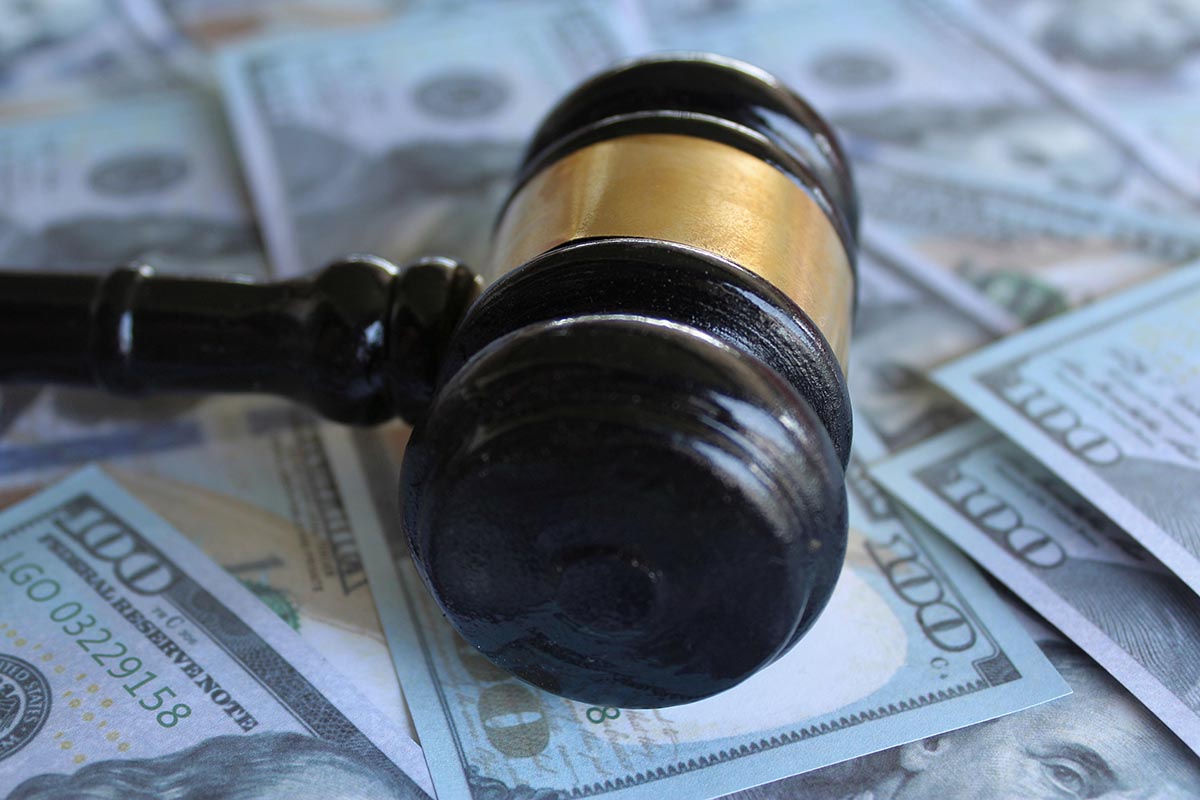If you are just getting started in the gold market, you may wonder if it’s best to start collecting gold bars or coins. You could ask a friend, but when it comes to your portfolio, you’ll probably want to do some of your research. The first step is to find a reputable dealer, like the Bullion & Collectibles Exchange.
Once you’ve selected your bullion exchange, you can move on to weighing the pros and cons of gold coins or bars. Your overall goal will directly impact whether you purchase gold coins or gold bars from your bullion exchange.
Here’s what you need to know about buying gold on the bullion exchange.
Gold Bars Demand Lower Premiums
When buying and selling gold with a bullion exchange, like the Bullion & Collectibles Exchange, a premium refers to the markup over the current market price. Premiums are typically the prices charged for manufacturing, delivery, etcetera which help keep the market competitive.
The premiums charged for gold bars at a bullion exchange tend to be lower than for gold coins. Gold bars are much larger and don’t have all the detailed surface marks displayed by gold coins. Reduced surface mark details on gold bars mean lower manufacturing costs.
Gold Bars Are a Better Long-Term Investment
Buying gold at a bullion exchange is often about preserving wealth and gold bars are more advantageous in terms of long-term investment. Their lower premiums make them a better value when purchasing but they can be difficult to sell.
Gold coins demand a higher premium at a bullion exchange but they are a much more flexible option for selling. Gold coins are legal tender with a face value, making them much more versatile in the market than gold bars. If you aren’t sure your investments with the bullion exchange will be long-term, then gold coins may be the better option.
Gold Coins May Offer Tax Advantages
Since gold coins are legal tender, they aren’t taxable in your portfolio. They do tend to hold sentimental value for some, along with historical and cultural significance. Additionally, gold coins are only produced by government-approved mints, helping to preserve their value as legal tender and an investment option.
Government-approved and private mints produce gold bars but are often purer, in terms of gold content, than gold coins. Consequently, selling gold bars may mean you must pay capital gains taxes on any gains above what you paid to purchase them from a bullion exchange.
Purchase From a Reputable Bullion Exchange
Gold can be a fun and reliable investment option when you purchase from a reputable bullion exchange. Do your research and read customer reviews before choosing a bullion exchange to work with. Once you’ve gone that far, you can decide whether to purchase gold coins or gold bars. Remember that gold coins demand higher premiums because they are legal tender with a face value. They are also easier to sell, making gold bars a better long-term investment, and buying gold coins may offer tax advantages. Your investment or collection goals may ultimately determine whether you purchase gold coins or bars from a bullion exchange.




















